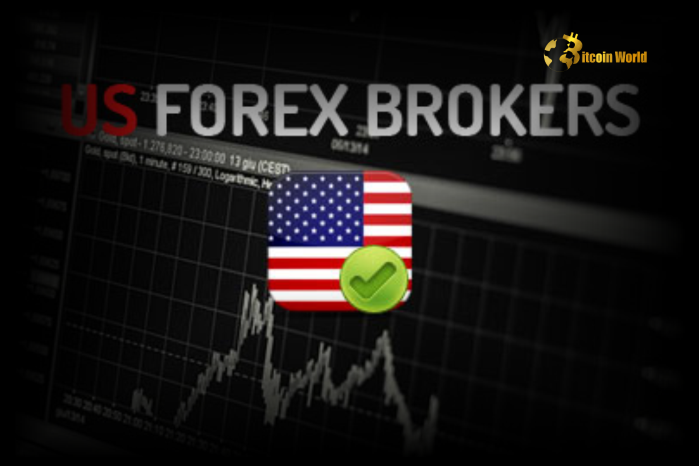Understanding Forex Taxation in the US
Understanding Forex Taxation in the US
Blog Article
The Role of the US Dollar in Forex Markets
International exchange, or Forex trading, brings countless participants in the United Claims every year. Their pure size and liquidity allow it to be one of the most attractive areas globally. But, forex in america. takes a unique and rigid way of regulating Forex activities. If you are trying to trade currencies or simply just want to know how legal frameworks form the Forex market, knowledge these regulations is crucial.

Essential Appropriate Frameworks Surrounding Forex in the US
Forex regulation in the United States is distinguishable due to its complete chance regulates and consumer protections. Two primary government figures oversee most Forex activities:
• Product Futures Trading Commission (CFTC)
• National Futures Association (NFA)
The CFTC, developed in 1974, is tasked with regulating the futures and options areas, international trade included. The NFA, as a self-regulatory organization, performs carefully with the CFTC to enforce principles and maintain fairness in trading practices.
Registration and Compliance
Every Forex seller or broker doing business with U.S. citizens must enroll with both CFTC and NFA. These entities will also be required to stick to demanding operational criteria, including:
• Minimal internet capital requirements (often more than in different countries)
• Continuous audits
• Strong anti-money laundering (AML) policies
• Translucent risk disclosure
Violations may result in substantial fines or a permanent bar from the market. This regulatory construction seeks to stop fraud, defend investors, and increase industry integrity.
Key Restrictions on Forex Activities
Foundational rights influence how Forex operates in the U.S.:
• Power limits: The NFA pieces a optimum power of 50:1 for key currency couples and 20:1 for minors. This really is much below many international areas, supporting defend new traders from significant losses.
• Segregation of resources: U.S. legislation needs that client funds are kept separate from broker operational funds. That evaluate safeguards traders in the event a broker becomes insolvent.
• Marketing and disclosure: Firms should clearly explain dangers, costs, and trading elements to clients. Unreliable or extreme solicitation methods face strict penalties.
Enforcement and Penalties
U.S. agencies regularly check for fraudulent systems, insider trading, and illicit industry manipulation. Statistical information from enforcement studies reveals a steady design of penalties and settlements lately, displaying continuing vigilance. This atmosphere, while stricter than most elements of the entire world, produces a better enjoying subject for retail and institutional traders alike.
What to Contemplate as a US Forex Trader
New traits reveal a continuous rise in regulatory actions, a focus on consumer education, and continuous changes to conformity requirements. If you intend to business Forex in the U.S., it's necessary to:
• Ensure a broker's effective subscription position
• Keep up-to-date with regulatory changes
• Evaluation chance disclosures before generally making trades
This method reduces unforeseen losses and promotes your prospects in a tightly controlled but effective marketplace. By understanding legitimate rules, U.S. traders can confidently take part in the Forex industry while remaining within the variables of the law.
Report this page